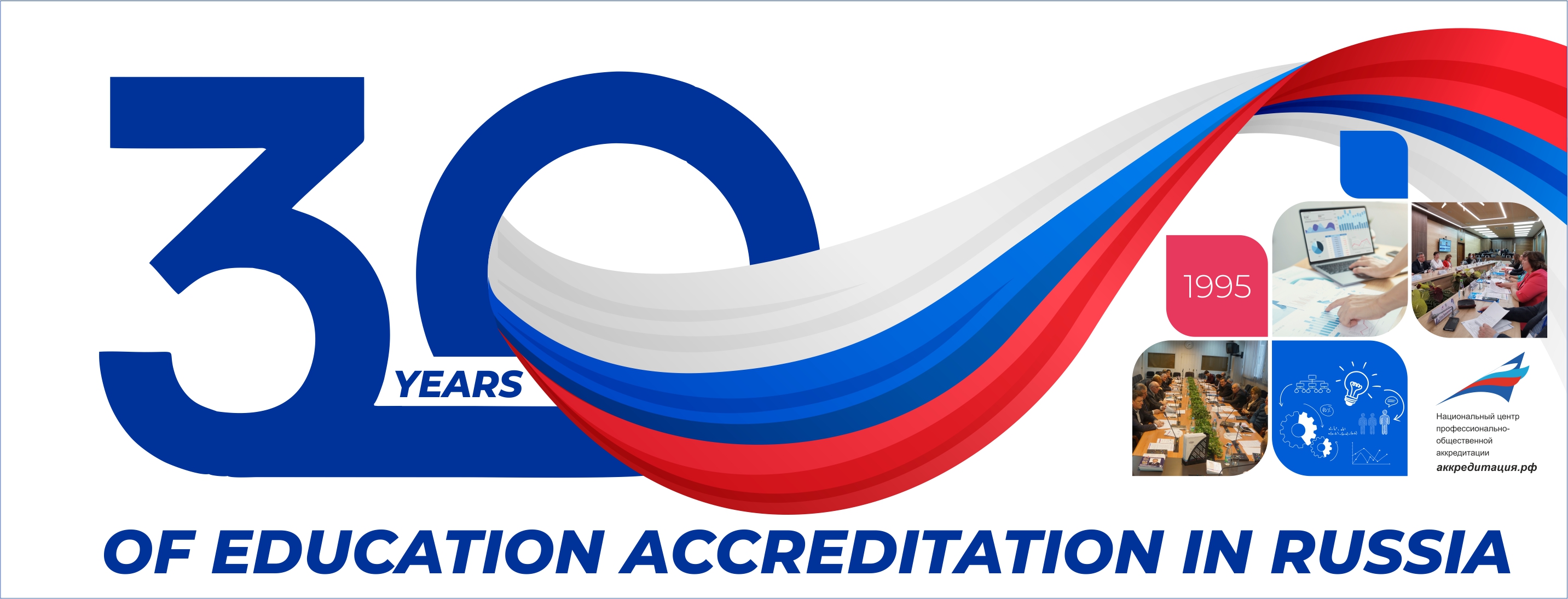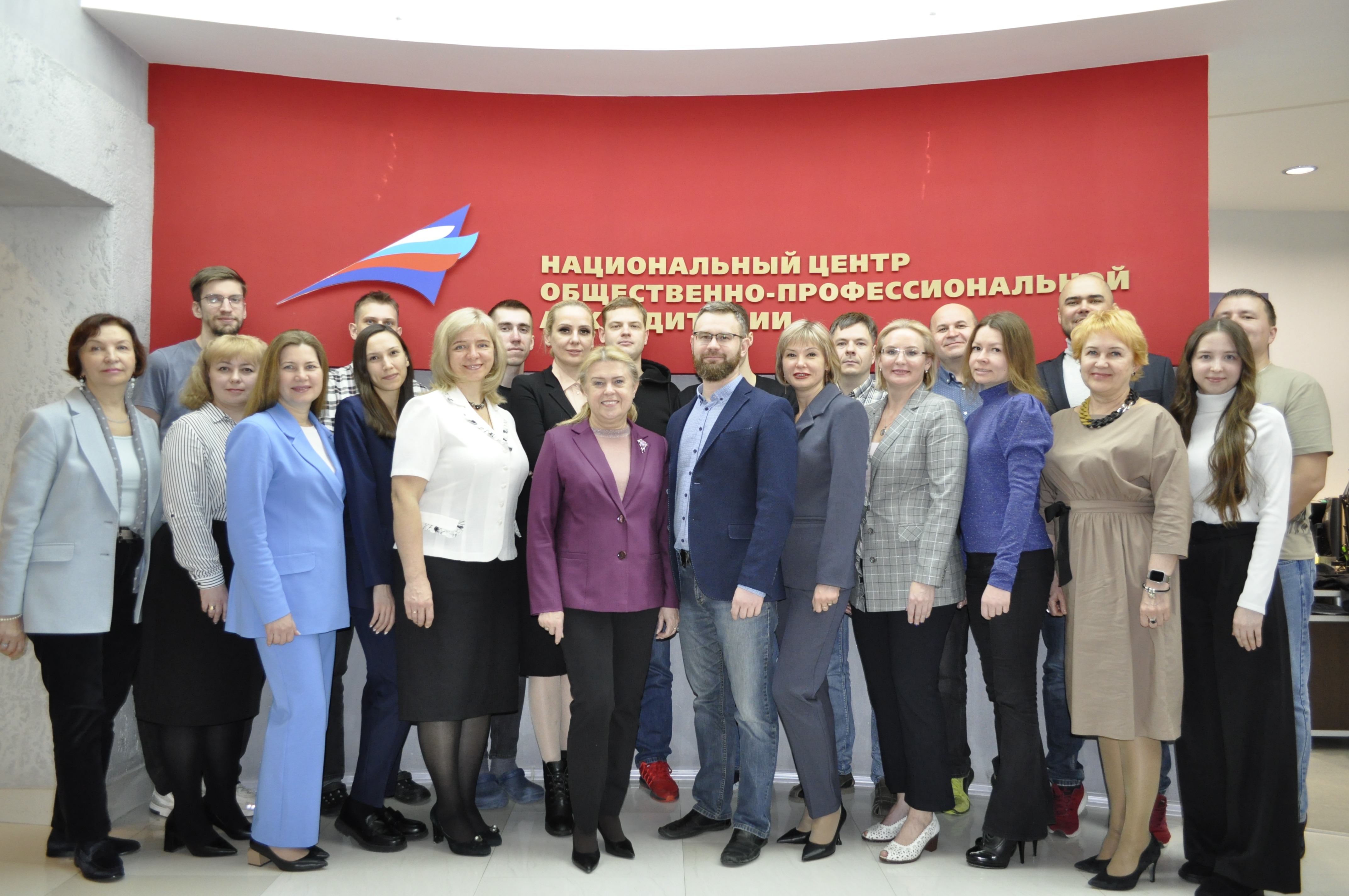Russia's higher education system is undergoing a transformative phase, with a growing emphasis on independent quality assurance. This shift aligns with global trends toward transparency, accountability, and international competitiveness.
The foundation of this evolution traces back to 1995 when the Centre for State Accreditation of the Ministry of Education of the Russian Federation was established under the leadership of Professor Vladimir Navodnov. Building on this legacy, the same team of innovators took a step further in 2010 by founding the National Centre for Public Accreditation (NCPA), merging time-tested practices with modern methodologies to advance independent and international accreditation. This continuity of expertise has secured NCPA's role as a guarantor of educational quality.

Originally under exclusive state control, Russia's higher education system began developing a dual framework of state oversight and independent accreditation after 2012. This shift was formalized by the Federal Law "On Education in the Russian Federation," which provided impetus for the development of independent accreditation. Since then, NCPA has been at the forefront of fostering excellence in higher education institutions across Russia and beyond.
Russia's higher education system comprises a vast network of institutions, but independent accreditation remains relatively limited. As of 2025, the country had 1,233 higher educational institutions including branches, yet only 37,7% of eligible institutions (267 out of 708) underwent independent accreditation, while just 23,6% of all study programs (approximately 5,900 out of 25,000) were independently accredited. Notably, nearly 47% (2,640) of these programs, delivered by 116 higher education institutions, have been accredited by the National Centre for Public Accreditation.
Although the number of accredited programs is significant, there is still room for development. Exploring international accreditation, a priority for NCPA, is expected to enhance the global competitiveness and quality assurance of Russian higher education institutions. This process involves the participation of international experts nominated by reputable and recognized partner agencies. NCPA has Memorandums of Understanding with 30 accreditation agencies and has carried out joint accreditation procedures with 7 of them. A landmark partnership between Russia's National Centre for Public Accreditation (NCPA) and China's Education Quality Evaluation Agency (EQEA) of the Ministry of Education has resulted in the joint accreditation of programs offered by 12 higher education institutions across both countries, demonstrating a commitment to mutual recognition.
Accredited programs are better positioned to attract national and international students, ensuring recognized qualifications. While joint accreditation with reputable accrediting bodies enhances an institution's credibility and ensures compliance with high-quality standards, it also requires a significant commitment to rigorous evaluation processes, standard adjustments, and continuous improvement on behalf of the both agencies. These efforts are time- and labor-intensive, but the ultimate goal of enhanced quality makes them worthwhile.
For stakeholders in the Asia-Pacific region, where cross-border education and accreditation partnerships are increasingly vital, Russia's framework offers new opportunities for quality enhancement, collaboration, and student mobility. APQN members are invited to explore partnerships with Russian accreditors and higher education institutions, leveraging shared standards and adapting approaches to bridge systems. To initiate this process, stakeholders should submit an application to their national accrediting body requesting joint international accreditation by both the national and Russian accreditors. With 30 years of accreditation experience, Russia has much to offer and share with Asia-Pacific countries.
Russia's independent accreditation model is maturing. By adopting best practices and scaling successful initiatives, Russia can strengthen its role as a hub for quality higher education, aligning with the priorities of Asia-Pacific students, governments, and accreditors seeking high-quality academic opportunities.

